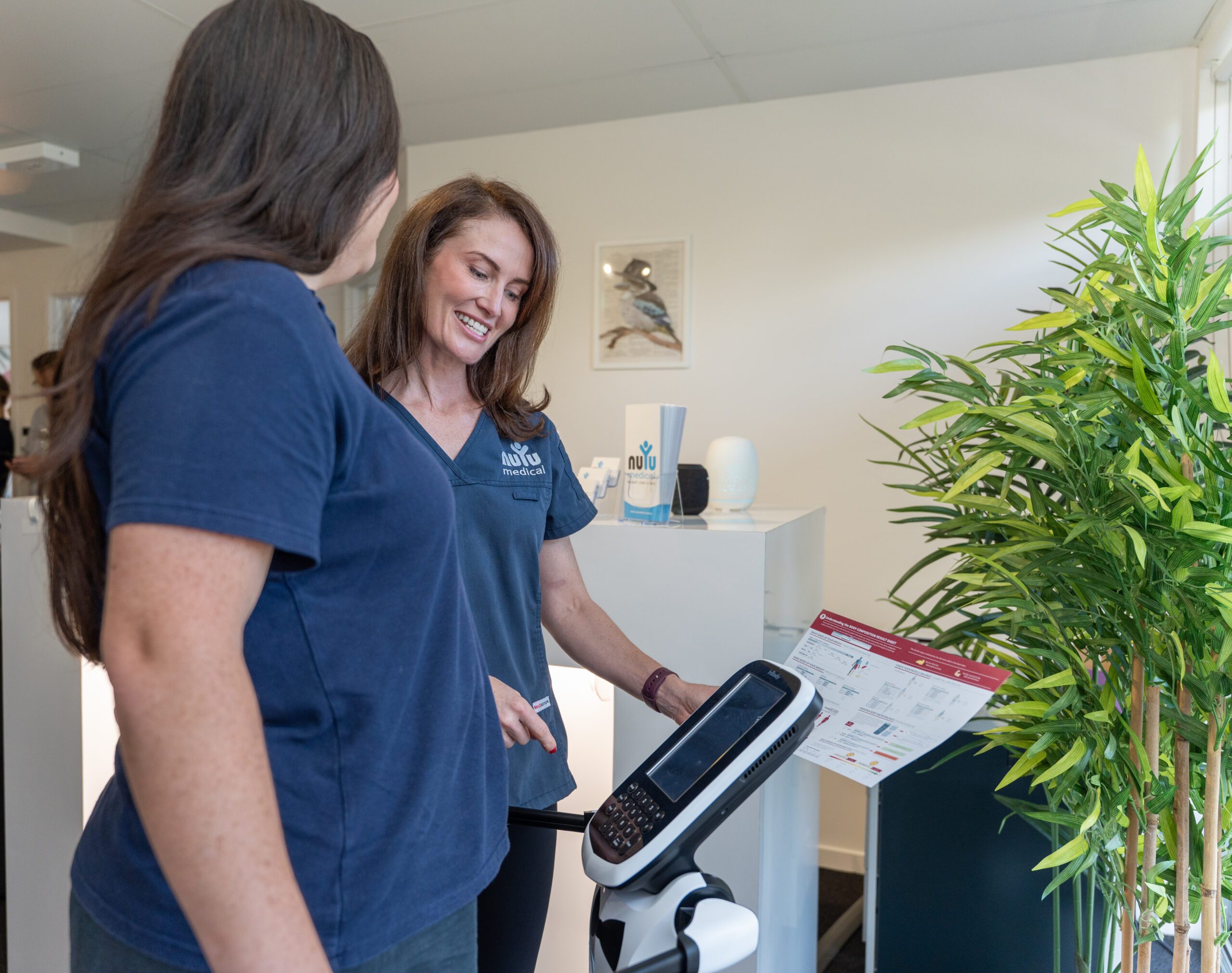Polycystic Ovary Syndrome (PCOS) and insulin resistance often go hand in hand. In fact, up to 70% of women with PCOS also experience some degree of insulin resistance, even if their blood sugar levels appear normal on a standard test. For women in Southport and across the Gold Coast, this hidden connection can explain years of frustrating weight struggles, cravings, and fatigue.
But here’s the encouraging news: nutrition can make a powerful difference. By focusing on foods that improve insulin sensitivity, you can support hormone balance, reduce PCOS symptoms, and reach your weight loss goals—especially when combined with medically supervised weight loss treatments tailored to your unique needs.
What Is Insulin Resistance?
Insulin is the hormone that helps your cells absorb glucose (sugar) from the bloodstream and convert it into energy. When your body becomes resistant to insulin, your pancreas compensates by producing more of it. This leads to higher circulating insulin levels, which:
- Increase fat storage, especially around the abdomen
- Stimulate the ovaries to produce more androgens (male hormones), worsening PCOS symptoms
- Make it harder to lose weight—even with a healthy diet and exercise
- Increase your long-term risk of type 2 diabetes and heart disease
This is why treating insulin resistance is a core part of any evidence-based PCOS weight loss program.
Nutrition Tips to Improve Insulin Sensitivity
Food is one of the most powerful tools for managing insulin resistance. At our Gold Coast clinic, our dietitian focuses on creating practical, realistic nutrition plans that reduce insulin spikes, curb cravings, and support weight loss without restrictive eating.
1. Choose Low-GI Carbohydrates
The glycaemic index (GI) ranks how quickly foods raise blood sugar levels. Low-GI carbs release energy slowly and reduce insulin demand. Great options include:
- Sweet potato
- Rolled oats
- Legumes (lentils, chickpeas, black beans)
- Berries and apples
- Quinoa and barley
Avoid or limit high-GI foods like white bread, soft drinks, and sugary snacks—these cause blood sugar spikes followed by crashes and increased hunger.
2. Prioritise Protein at Every Meal
Protein slows down the digestion of carbohydrates and helps maintain stable blood sugar levels. It also promotes satiety and muscle preservation. Include:
- Lean meats (chicken, turkey, beef)
- Fish and seafood
- Eggs
- Tofu and tempeh
- Greek yoghurt and cottage cheese
Even at breakfast, a high-protein start (like eggs or a protein smoothie) can help manage hunger all day.
3. Add Healthy Fats for Hormone Support
Fats are crucial for hormone production and can help reduce inflammation. Include sources like:
- Avocados
- Extra virgin olive oil
- Nuts and seeds (especially flaxseed and chia for omega-3s)
- Fatty fish (salmon, sardines)
Try to avoid trans fats and limit fried or overly processed foods, which can worsen insulin resistance.
4. Don’t Skip Fibre
Fibre helps slow glucose absorption, feed beneficial gut bacteria, and regulate digestion. Aim for:
- Vegetables (especially leafy greens, broccoli, and carrots)
- Whole fruits (rather than juices)
- Legumes and beans
- Whole grains
Most women with PCOS benefit from around 25–30g of fibre per day.
Medical Weight Loss Support for Insulin Resistance
For some women, nutrition alone isn’t enough. Our clinic in Southport offers tailored medical weight loss treatments that may include:
- Medications to improve insulin sensitivity
- Ongoing dietary consultations to adjust your eating plan as your body changes
- Telehealth appointments across Australia for convenience and flexibility
By combining lifestyle changes with medical guidance, many women experience reduced PCOS symptoms, regular periods, and more effective weight loss.
Take the Next Step
If you’re struggling with PCOS or insulin resistance, you don’t have to manage it alone. Our Southport-based team of doctors and dietitians is here to guide you with evidence-based, holistic strategies. Book an in-clinic or Telehealth appointment to get started on a safer, more supported path to wellness.





